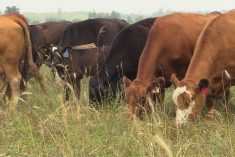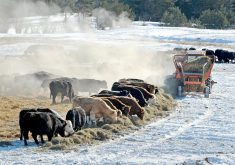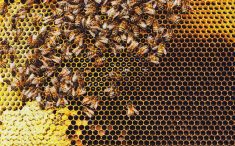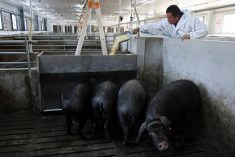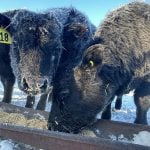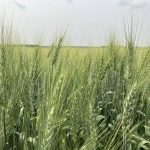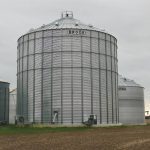Tests on animals with connections to a British Columbia bull that had bovine tuberculosis have so far turned up no new confirmed cases, the Canadian Food Inspection Agency reported Monday.
CFIA said it’s identified over 1,000 animals that might have been exposed to bovine TB in relation to the lone case in northern B.C., and is now tracing them to assess that exposure.
Any animals that are confirmed to be exposed and are still alive are being destroyed and tested for the disease, since there’s still no definitive test for bovine TB in live animals, the agency said. Animals’ tissues must be visually inspected, then lab-tested, to confirm a positive case.
Read Also
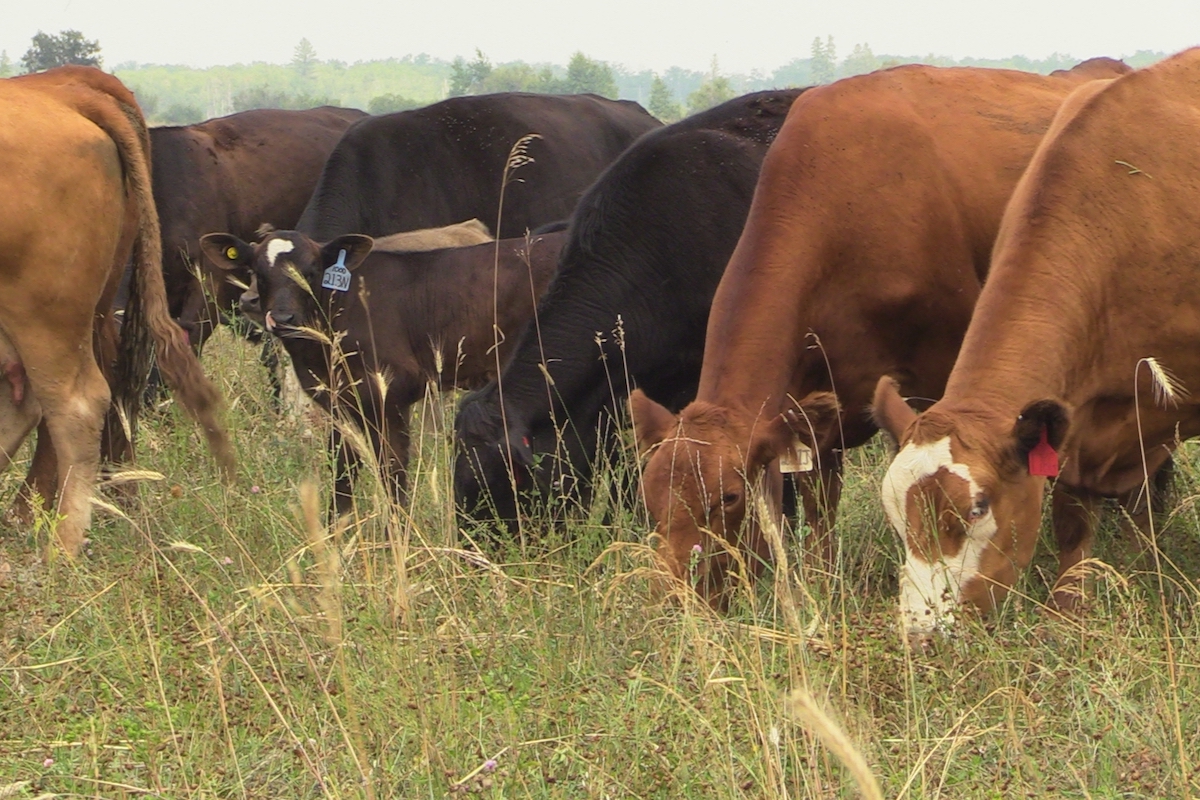
Beef industry weighs in on AAFC research cuts
The Canadian Cattle Association and Beef Cattle Research Council said cuts to federal research centres and programs will have long-term debilitating consequences for the beef industry.
That includes all cattle on the B.C. farm where the infected bull lived. Those cattle have all been slaughtered and tested and the farm is still under quarantine, while CFIA arranges to have all remaining susceptible animals destroyed and inspected. The farm can then be cleaned and disinfected.
However, the quarantine has been lifted on the farm where the infected bull spent the first year of its life. “Intensive investigation and testing on this Alberta farm has found no evidence of bovine TB,” CFIA wrote in a release Monday.
Canada’s herds are considered to be free from bovine TB, which is a reportable disease in Canada, but cases such as this one occur “from time to time,” CFIA said in November when the agency began tracing all the infected bull’s ex-herdmates.
Bovine TB can infect all types of mammals, including humans, CFIA said in a statement. Infection usually results from extended, close contact with an infected animal. If people are identified as possibly having been exposed to the disease, “the appropriate public health follow-up” will be initiated, CFIA said.
Owners of animals ordered destroyed as part of the investigation are eligible for compensation under the federal Health of Animals Act, the agency noted.


